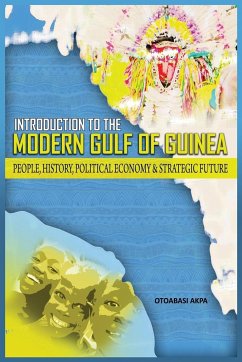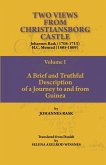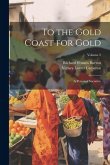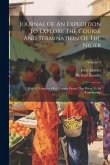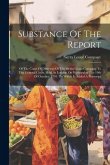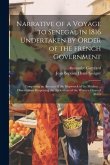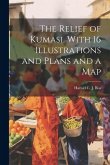The book provides an accessible introduction to the Modern Gulf of Guinea. It combines essential themes in the disciplines of history, comparative politics, political economy and strategic studies with a country-by-country analysis of the states of the region. Basically, it examines the people, history, political economy and strategic future of the Gulf of Guinea. _________________________ Otoabasi Akpan holds a B.A (History) from the University of Calabar, Calabar, M.A ( History of Ideas) from the University of Ibadan, Ibadan, M.Sc (International Relations and Strategic Studies) from the University of Jos, Jos and Ph.D in Diplomatic Studies from the University of Port Harcourt, Port Harcourt. He is currently a senior lecturer in the Department of History and International Studies of the University of Uyo, Uyo, where he is also the Head of Department. He has also taught in the Department of History and Diplomatic Studies at the University of Port Harcourt. His area of specialization and research interests are as diverse as History of Ideas, International Relations and Conflict/Diplomatic/Intelligence/Peace and Strategic Studies. He is the author of Regional Leadership: Nigeria and the Challenge of Post Aparthied South Africa (2000), Editor; The Arts and Science of Politics: Essay in Honour of Alhaji Ghali Umar Na'Abba(2003), Editor; The Environment and Sustainable Development: Essay in Honour of Obasanjo's Environmental Legacy for Nigeria (2009) and the author of The Seven Practical Steps to active peace in Nigeria (2010). His forthcoming book The Coming Conflicts and Crises in Nigeria: Warning Signals and Preventive Strategies is a sober discourse on the challenges of development in Nigeria and their solutions. Dr. Akpan is also the International President of the Pan-African Historical Society and the Dean of the Association of Nigerian Diplomatic Historians.
Hinweis: Dieser Artikel kann nur an eine deutsche Lieferadresse ausgeliefert werden.
Hinweis: Dieser Artikel kann nur an eine deutsche Lieferadresse ausgeliefert werden.

